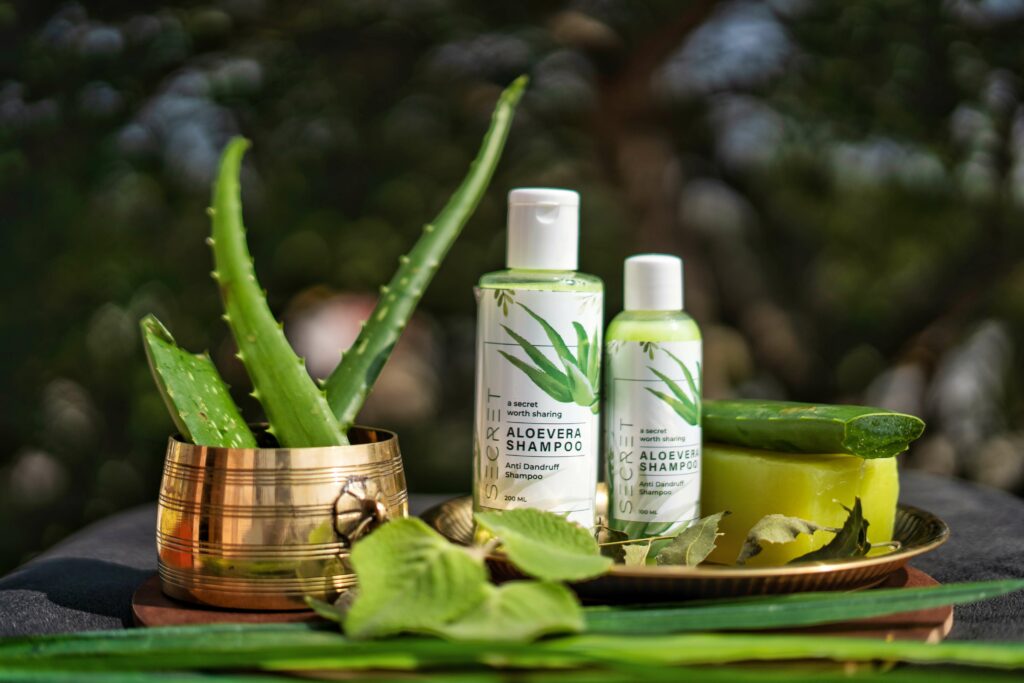Private labels are experiencing unprecedented growth in today’s economy. According to a report from Statista, private label brands account for 16% of all sales in the consumer packaged goods market and more than 19% of the entire retail market in the United States. This market share is valued at around $199 billion.
Despite how pervasive private labeling is, there are still so many misconceptions surrounding this business model. Rumors about how it works, how much it costs, and which practices can lead entrepreneurs to success run rampant. It can be tough for someone new to the industry to tell fact from fiction.
If you’re planning on starting a private label business, you want to make sure you’re armed with accurate information. To help you weed the truth from the lies, we’ve compiled a list of the biggest myths about private labeling and set the record straight.
Myth #1: Private Labels Are of Substandard Quality
It’s true that in the earlier days of the industry, private label products were equated with generic and copycat brands. Generic products are mass-produced with inexpensive, low-quality ingredients and are sold at bargain-basement prices. Copycat products use the same ingredients as national brands but are distributed and marketed under a different name.
However, with economic shifts and changes in consumer behavior, private label brands have also evolved over the years. Today, premium private label products are the trend. These high-quality products are produced exclusively for a brand using custom formulations and ingredients that are not available anywhere else. These brands offer similar—and for some labels, even better—quality than larger national brands.
Myth #2: Private Labeling Requires Large Minimum Orders
This statement may have been true a decade ago, but with the drastic market changes over the past few years, more manufacturers are offering scaled-down production. You can, of course, opt to team up with large retailers to mass-produce your goods if you’re confident in how well they’re going to sell. But there are also benefits to small-scale production.
For instance, you don’t have to worry about expensive dead stock and overhead costs. Producing outside of bulk also means that you can use harder-to-source ingredients or raw materials. You can also market your products as premium items or limited editions to improve your profit margins.
Myth #3: Private Labeling Is Always Done Overseas
There’s nothing wrong with wanting to know where your products are being manufactured—especially if you’re trying to reduce your carbon footprint or you’re worried about logistics. But the truth is, private label manufacturers are located all over the world, and some of them may be closer to home than you think.
Some manufacturers produce the goods overseas, some domestically. Overseas production can be a great option if you’re trying to keep your costs down. Local production can be beneficial since a lot of consumers do tend to place more trust in a local brand. The turnaround time is also typically faster, which is a huge advantage if you want to get your products in the market earlier than your competitors.
Myth #4: Private Labeling Is Expensive, and Product Ranges Are Limited
In the past, private labeling meant manufacturing in bulk. However, as explained above, that is no longer the case today. Private labeling is often cheaper than building a product line and brand from scratch because you spend less on manufacturing and marketing. However, it’s also important to note that prices vary wildly across the industry. Make sure that you’re working with a manufacturer that can work with your needs and budget requirements.
As for the second part of the myth—again, this depends on the manufacturer you’re working with. Some manufacturers only offer limited products and customization options, while others have a more extensive range. Some may also be willing to work with you to create a product they don’t typically offer—it never hurts to ask!
Venturing into Private Labeling? Let Us Help
Aloe Labs has helped countless business owners create their own private label brand of aloe vera products. With our years of experience in the industry, we can help you cut through the noise and find an option that works for you and your goals.
Contact us now if you would like to know more about the private labeling process.

